
Raw Cashew Nuts and Toxicity: What Do You Need to Know?
Certain foods cannot be consumed without previously cooking or otherwise heating them, and cashew nuts are included into this group of foods that are perfectly safe when properly prepared, but dangerous when raw. Cashew nuts can have an enticing taste, but can be harmful to overall health if not prepared properly.
The cashew tree is an aesthetically attractive, big leaved tree that is about 32 feet tall when completely mature. It produces cashew nuts and apples. The apple is a tasty yellow and red fruit that is 5-8 cm long, and holds lot of water, as well as vitamin C. A shell in the shape of a kidney, located at the bottom section of the cashew apple, holds the cashew nut. The cashew nut might be called a nut, but it is technically in fact a seed.
Raw cashew nuts are poisonous due to the toxicity of the nut shell. The shell acts as a protector to the nut, and holds a poisonous liquid that can be dangerous when ingested. Called urushiol, this is a resin that causes a toxic reaction when ingested raw, and which can also cause skin burns. There is a big chance that the nut will come in contact with this liquid when the shell is broken, rendering it inedible. Thus, the fact they are located within a poisoned shell makes cashew nuts poisonous to consume when raw. Cashews need to be roasted completely before they can be consumed.
Symptoms of cashew nut poisoning and commercially sold cashew nuts
There are a slew of symptoms related to consuming the raw cashew nuts, but the initial symptom is always a blistery skin rash that itches, and can spawn in any bodily location. This is due to the anacardic acid contained within the poisonous liquid of the shell, which irritates the skin.
Some confusion might be caused by packages of cashew nuts in supermarkets that are marked as raw. This actually signifies that the nuts were not roasted, not that they are packaged as soon as they leave the shell – a process that would be illegal. Before getting to the markets, the nuts go through an extremely vigorous process that involves exposing the shell to extreme heat, removing the toxicity as the nut remains intact. Another round of heating ensues before packaging, and all this is done to ensure that you end up with a tasty and healthy snack rather than a dangerous trip to the emergency room.
Cashew nuts also carry a range of benefits to the consumer, some of them being that they have a beneficial amount of proteins, omega 3 essential fatty acids, vitamin B and essential minerals such potassium, iron and zinc. These nutritional benefits are reduced by the heat exposure, therefore diminishing the nutrients held within. As it is proven that cashew nuts, when consumed fresh, are poisonous, it is critical to only consume processed cashew nuts, ignoring the diminished nutritional properties.
Unless you live in an area where cashew trees grow naturally, you will probably not have to worry about cashew nut toxicity — fully prepared, roasted, commercial cashew nuts are not just safe to eat, but also incredibly healthy.




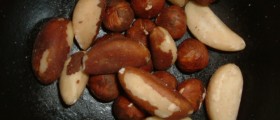
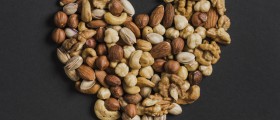

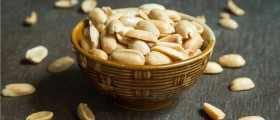

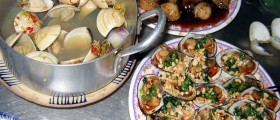

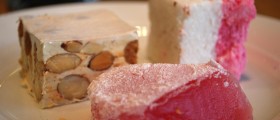
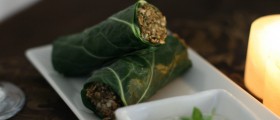

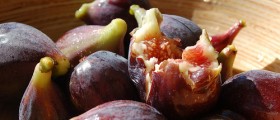
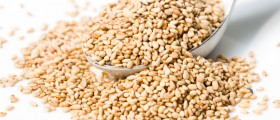
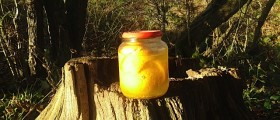
Your thoughts on this
Loading...